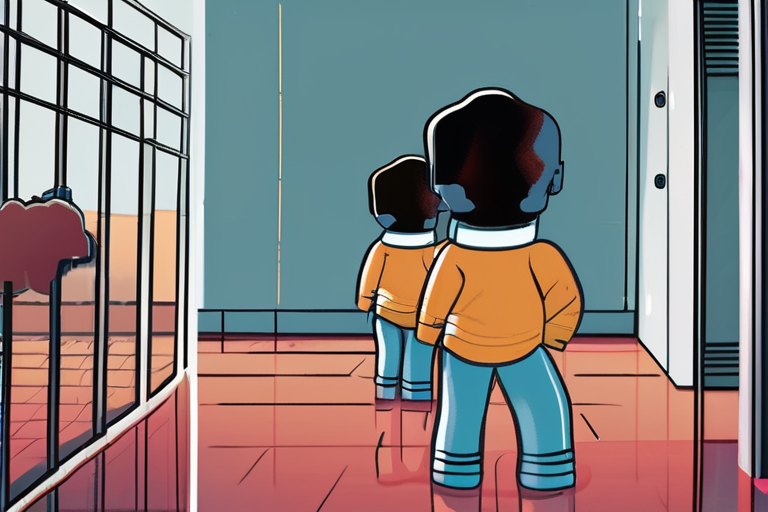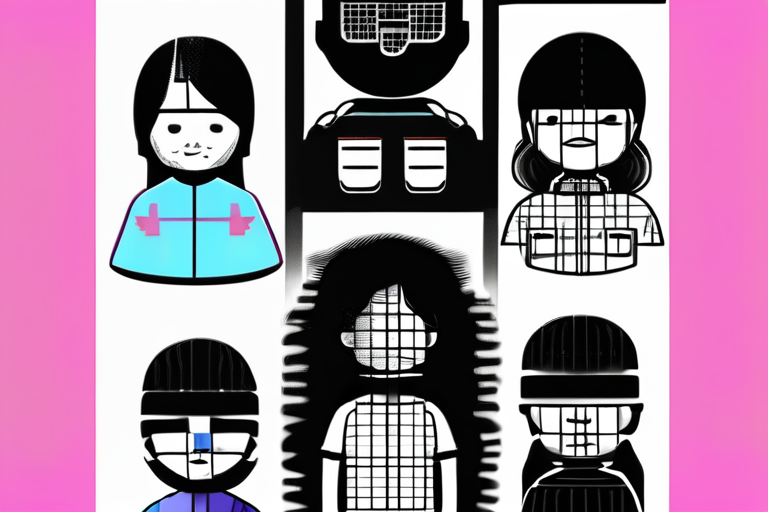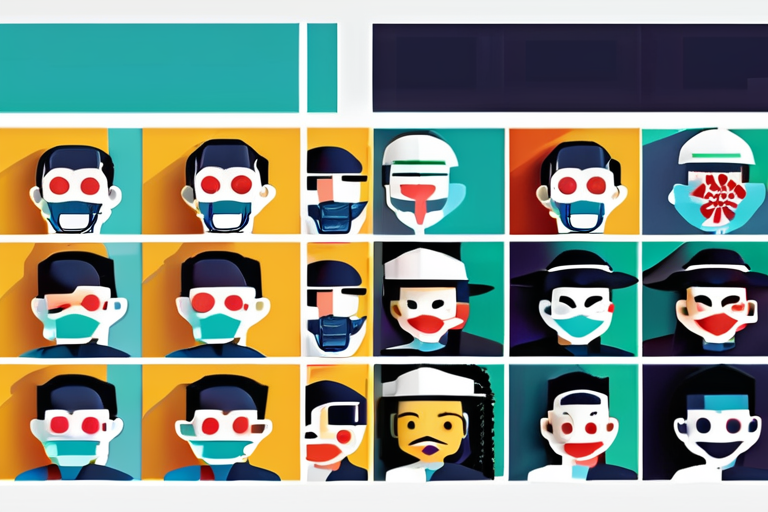California Boosts Fines to $250K for Creating Fake Child Exploitation Images


Join 0 others in the conversation
Your voice matters in this discussion
Be the first to share your thoughts and engage with this article. Your perspective matters!
Discover articles from our community

 Hoppi
Hoppi

 Hoppi
Hoppi

 Hoppi
Hoppi

 Hoppi
Hoppi

 Hoppi
Hoppi

 Hoppi
Hoppi

California Becomes First State to Regulate AI Companion Chatbots In a landmark move, California Governor Gavin Newsom signed a bill …

Hoppi

US Investigators Turn to AI to Combat Child Abuse Images In a groundbreaking effort to combat child exploitation, the US …

Hoppi

US Investigators Harness AI to Combat Surge in Child Abuse Images Created by Artificial Intelligence In a groundbreaking effort to …

Hoppi

US Investigators Turn to AI to Combat Child Abuse Images In a groundbreaking effort to combat the proliferation of child …

Hoppi

California Becomes First State to Regulate AI Companion Chatbots In a landmark move, California Governor Gavin Newsom signed a bill …

Hoppi

US Investigators Harness AI to Combat Fake Child Abuse Images Created by Generative AI In a groundbreaking effort to combat …

Hoppi